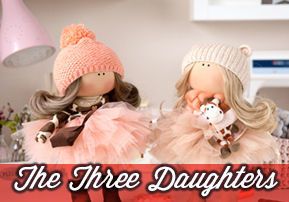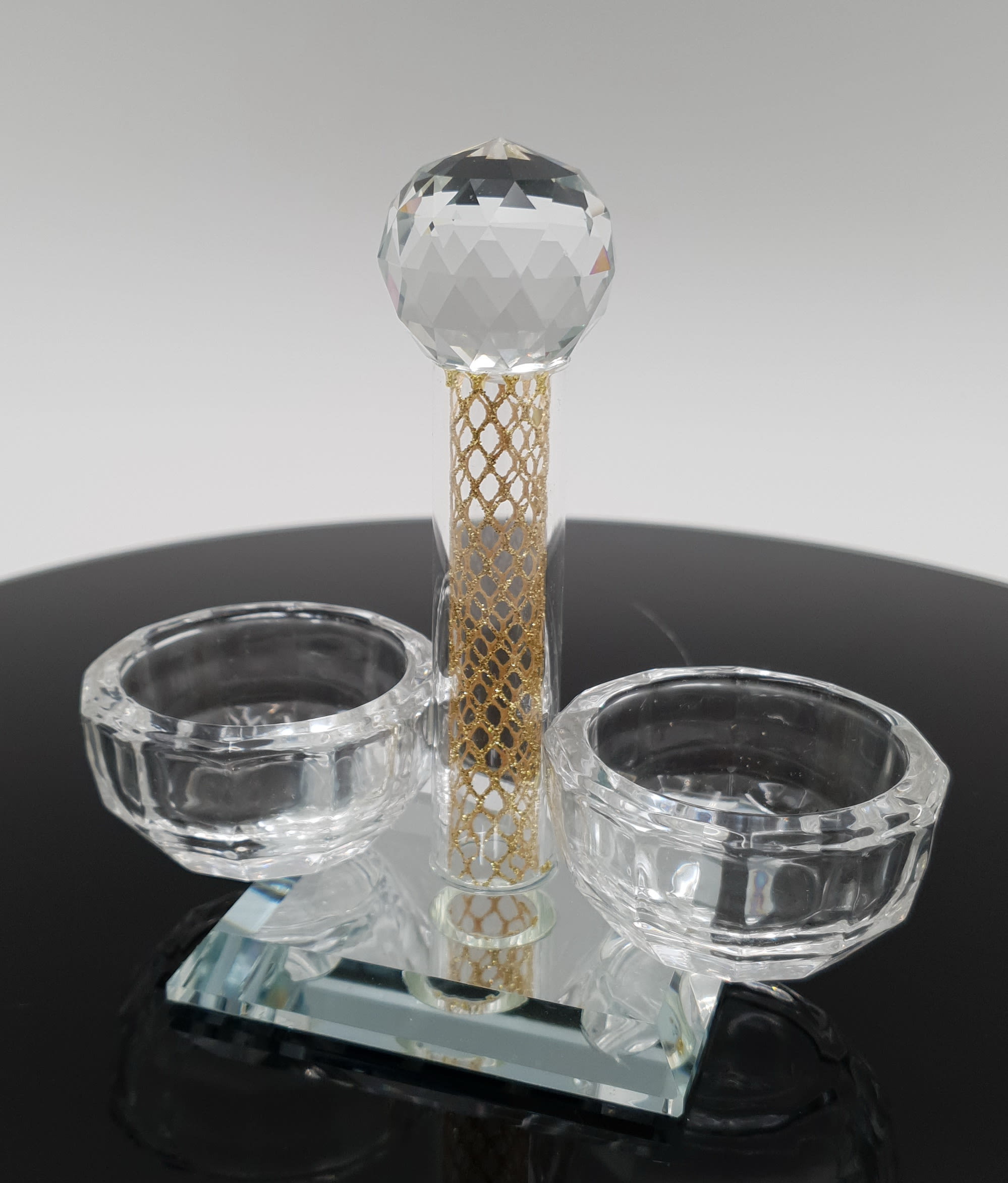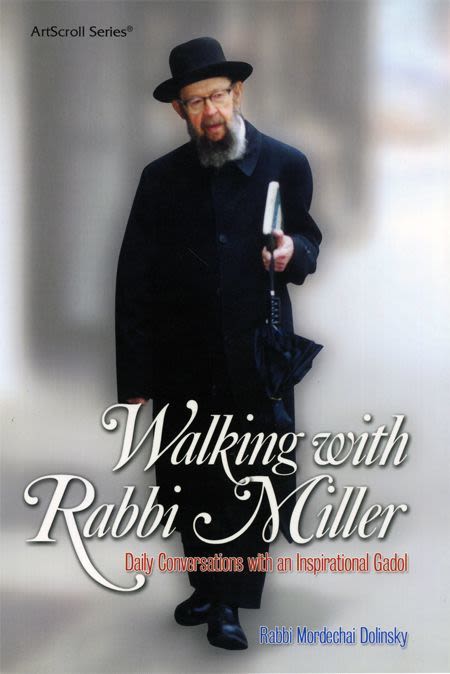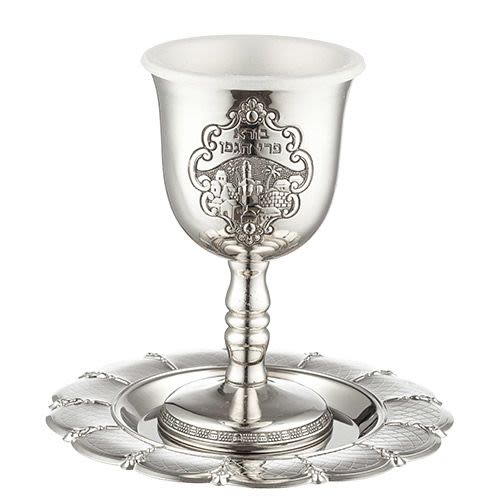
The Three Daughters
Ben Ish Chai, Rabbenu Yosef Chaim of Baghdad, tells the following powerful story to give an idea of the grave effects of Lashon Hara...

What I said wasn’t wrong! It’s not like I was lying. Her dress really is ugly. What is so wrong with saying negative truths (what our holy Torah calls Lashon Hara)? Why is it that saying something true but negative is considered one of the worst transgressions in the Torah? And if we lie a little bit? So what? Speaking negative truths, Lashon Hara, is considered so severe that at the time of the Bet Hamikdash (Holy Temple) a person would be warned three times, and if he does not refrain from negative speech he is then be inflicted with tzaraat (spiritual leprosy). This individual would then have to seclude himself at a designated town called Ir Hamiklat and, on his way he would yell “Tame! Tame!” (Impure! Impure!) so that people would know to stay away and pray for him. The Torah is so sensitive to protect people’s feelings yet the severity of the sin of Lashon Hara required that the person be subject to this embarrassing public display.
The Ben Ish Chai, Rabbenu Yosef Chaim of Baghdad zt”l (1835-1909) tells us the following powerful story to try to give us a bit of an idea of the grave effects of Lashon Hara.
A man had three daughters who unfortunately did not have refined character traits. One daughter was a kleptomaniac. She just couldn’t keep herself from pocketing things that did not belong to her. The second  daughter was lazy. You just couldn’t get her up in the mornings and she wouldn’t raise a finger to help around the house. The third daughter always saw things in a negative light. Nothing ever seemed to please her, since she always saw the glass as half empty and not half full.
daughter was lazy. You just couldn’t get her up in the mornings and she wouldn’t raise a finger to help around the house. The third daughter always saw things in a negative light. Nothing ever seemed to please her, since she always saw the glass as half empty and not half full.
A kind rich man on the other side of town had three sons of marriageable age and decided to do an act of kindness by offering his three sons to this man’s three daughters. “I will take good care of your daughters” promised the kind man. The father, who knew his daughters’ shortcomings, did not want to “dump them” on this kindhearted man, but as a loving father he wanted more than anything to see his daughters married, and therefore agreed to the shidduch (match).
After the wedding celebrations, the rich man set up the three daughters in three different homes and tried to arrange the best situation to help each daughter with her particular challenge. He put the daughter that liked to steal in charge of all the money of his household. “The money, jewelry and small business are yours to manage” he told her. This greatly satisfied the daughter. She lost all interest in stealing as her hands were constantly involved with money, which she happily managed. The lazy daughter was given ten maids to help her manage the home. “Just tell them what needs to be done and they will be at your service” said her generous father-in-law. She would wake up late to breakfast already laid out on a beautifully set table. She fit right into her role and happily managed the home, giving different tasks to the crew at her service. The daughter that always saw the negative in things was the most difficult to please. Her kind father-in-law would stop by every day and check on her well-being. He would try and find out exactly what she wanted and needed for the day and do his best to accommodate her.
After a couple of months the father of the daughters decided to pay them a visit. “How are you?” He asked his first daughter, the kleptomaniac.
“I’m great, father!” she replied. “I am in charge of all the finances, gold and jewelry in the household and I am doing a decent job at managing the small business I was given.”
Happily, the father left that daughter and went to the lazy daughter. “How are you, princess?” asked the father.
“I’m great, father!” she responded. “I have ten servants at my calling and I am having a grand time ordering them all around and being personally attended to.”
The proud father then went to visit the daughter that could not be satisfied and always looked at the negative. “How are you, my daughter?
“Miserable!” cried the daughter. “They don’t leave me alone!” she cried. “Every day I am bothered by my father-in-law, who makes advances at me,” she lied to her father outright.
“But your other sisters are being treated so kindly by your father-in-law. How could it be?”, asked the baffled father.
“Wait in the closet and you will see for yourself” she said deceitfully. The father quickly hid in the closet as the father-in-law made his daily visit in order to try and please his daughter-in-law. “Leave me alone!” she screeched at her baffled father-in-law. “Stop coming unto me every day.”
“Coming unto you?” asked the father-in-law innocently. “But you know too well that is never my intention.” At that moment, the outraged father of the deceitful daughter jumped out of the closet and with a loud war-cry stabbed the father-in-law to death. At the sound of the screaming, this daughter’s husband rushed into the room. When he saw his father’s bloody body on the floor, he stabbed the girl’s father to death. The deceitful daughter then began to scream and wail…
Gruesome? Extreme? Not when we realize the vast effects of Lashon Hara (negative truths), and Motzi Shem Ra (an outright lie). The Talmud in Arachim tells us that when we share negative truths or lies with others we are causing the spiritual death of three people, the speaker, the listener who accepts it and the subject of the negative truth (Arachin 15b).
King Solomon, the wisest of all men, tells us “Life and death are in the hands of the tongue,” (Mishlei/Proverbs 18:21). This is not an exaggeration! Our tongues can really deeply hurt. When we choose to see things negatively we become negative sad people. Lashon Hara also creates separations among individuals, family and friends. Our Sages, of blessed memory, teach that anyone who speaks negatively about another takes that person’s transgressions onto his account. Scary!
When I look at things in a negative light, it is a reflection of my inner self. If I see the world with a negative view, I am not happy. It is also a sign that I do not love my fellow Jew as much as I should. Could we ever speak Lashon Hara about people we truly love? So let us understand that it’s not a small thing to speak negatively. Let us rectify our speech thereby rectifying our deepest inner selves. Let’s become more positive individuals, who choose to make others happy and see their good points, and in turn, we will become the most happy of all!










